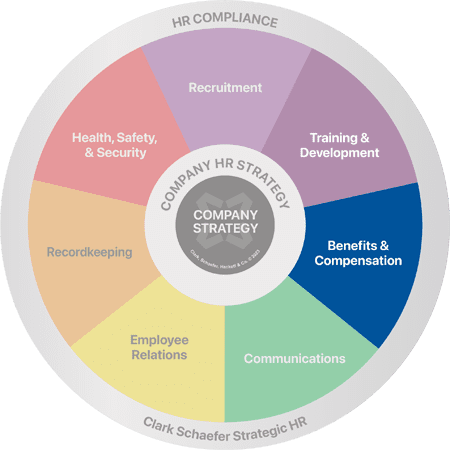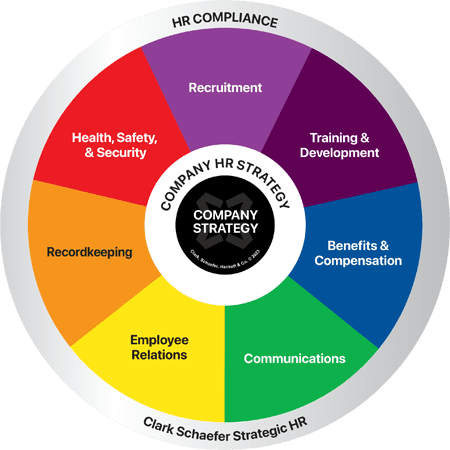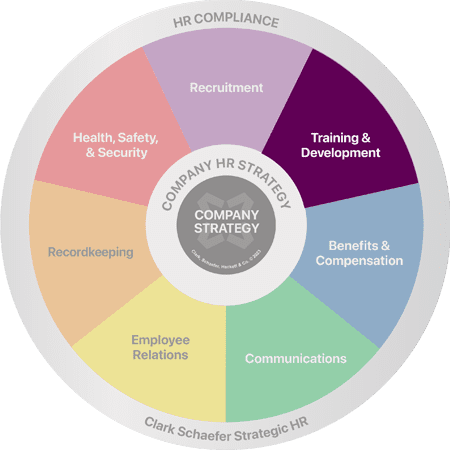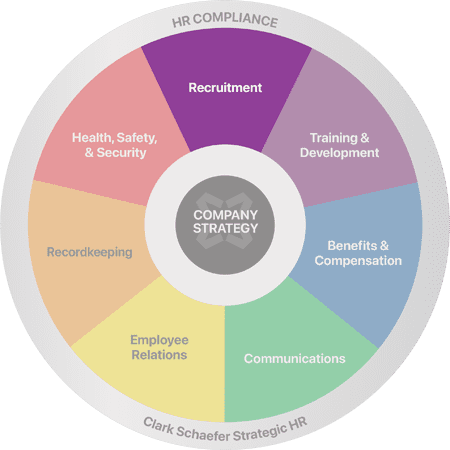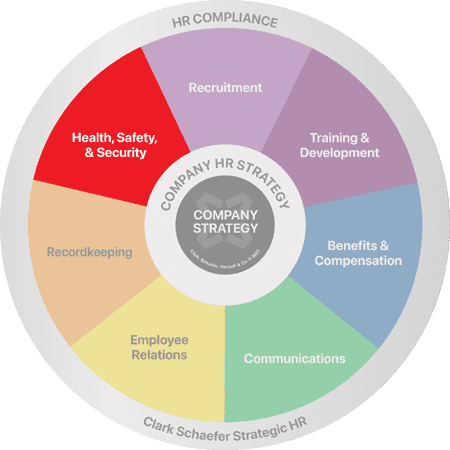Could Sabbaticals Be Your Next Retention Tool?
Last Updated on January 19, 2023 / Benefits & Compensation, Employee Relations

HR Question:
In today’s fast-paced and high-pressure market, it’s difficult to truly disconnect from work. We’ve been trying to find ways to give our team a break to avoid burnout, but sometimes a week of vacation just isn’t enough. Could sabbaticals be the newest tool in our retention toolbox?
HR Answer:
You’re not alone in considering sabbaticals as they seem to be gaining in popularity. According to a recent World at Work survey assessing US organizations ranging in size and industry, 10% of organizations offered paid sabbaticals (up from 7% in 2019), and 29% offered unpaid sabbaticals (up from 16% in 2019). Now, as we’re well into a period with many different names – the Great Reshuffle, the Great Resignation, the Great Re-Evaluation to name a few – sabbaticals may be the unsung hero that benefits both employers and employees alike when it comes to talent retention, supporting good mental health, and strengthening employee engagement and dedication to their work and your organization.
Time to Re-Charge, Re-Energize, and Reconnect
It’s no secret that the first beneficiary of a sabbatical is the employee. Unfortunately, those who do choose to take sabbaticals may often lack the opportunity to properly enjoy them. In fact, The Sabbatical Project reports that nearly two-thirds of those who do take a sabbatical are often forced into them due to traumatic circumstances out of their control – the loss of a family member, health issues, the need to navigate complex or dissolving relationships, etc. Not exactly the most relaxing setting for a rejuvenating and relaxing period of time.
Although a sabbatical can be used to address such issues, it could benefit organizations to promote them for a broader purpose. Employees should be encouraged to consider using a sabbatical as an opportunity to truly disconnect, re-energize, and re-focus if suffering from burnout or fatigue. They can also be used to discover new passions, chase hobbies, and gain the experiences that many may put off until after retirement.
Sabbaticals Benefit the Employer Too
And while a sabbatical, paid or unpaid, can seem like an intimidating amount of time away from the desk for both the employee and the employer, the benefit of a re-energized and re-engaged employee can pay back dividends. Interviews for a Charter and TIME article revealed employees who returned from a sabbatical found themselves more creative, felt greater feelings of loyalty and energy, and brought new ideas to the table.
When considering the cost of having to replace a long-term employee, along with their organizational knowledge, skills, and work relationships built over time, offering a sabbatical as an opportunity to renew and recharge may be far more cost-effective. In addition, offering sabbaticals as part of your benefits package is not only attractive to retain current employees, but can also be a valuable talent acquisition tool to attract new talent.
Your Team Will Benefit From Your Time Away
The longer nature of sabbaticals creates an opportunity for cross-training. As opposed to managing through vacations where you can push a project or a question off “just a few days” until a person returns, sabbaticals present a fantastic opportunity to engage other team members in new and different tasks, departments, and levels of the organization – providing the employer with a built-in opportunity for the career development and growth that ranks high on job seekers’ lists today.
Sabbaticals Don’t Come Without a Cost
It would be a win-win if sabbaticals came without a cost to the employer or employee, but unfortunately, that’s not the case. That’s why it’s important that employers establish their promises and expectations for sabbaticals. How often and for how long can employees be away? Do they need to serve a certain number of years to qualify? How much of their regular pay will they still receive, if any? How does a sabbatical tie into their PTO or other time off categories?
While the cost may not be a surprise, the money saved by creating an attractive workplace, providing necessary mental health benefits, and showing that you’re an organization committed to putting employees’ needs first may very well pay dividends in attracting and retaining valuable talent.
Special thanks to Samantha Kelly for contributing to this HR Question of the Week!
Providing adequate Benefits and Compensation for your employees is key to the recruitment and retention of a well-performing workforce, and having the right policies in place can make or break a company. Clark Schaefer Strategic HR can help you structure your benefit and compensation system to meet today’s competitive market. Please visit our Benefits and Compensation page for more information today.

